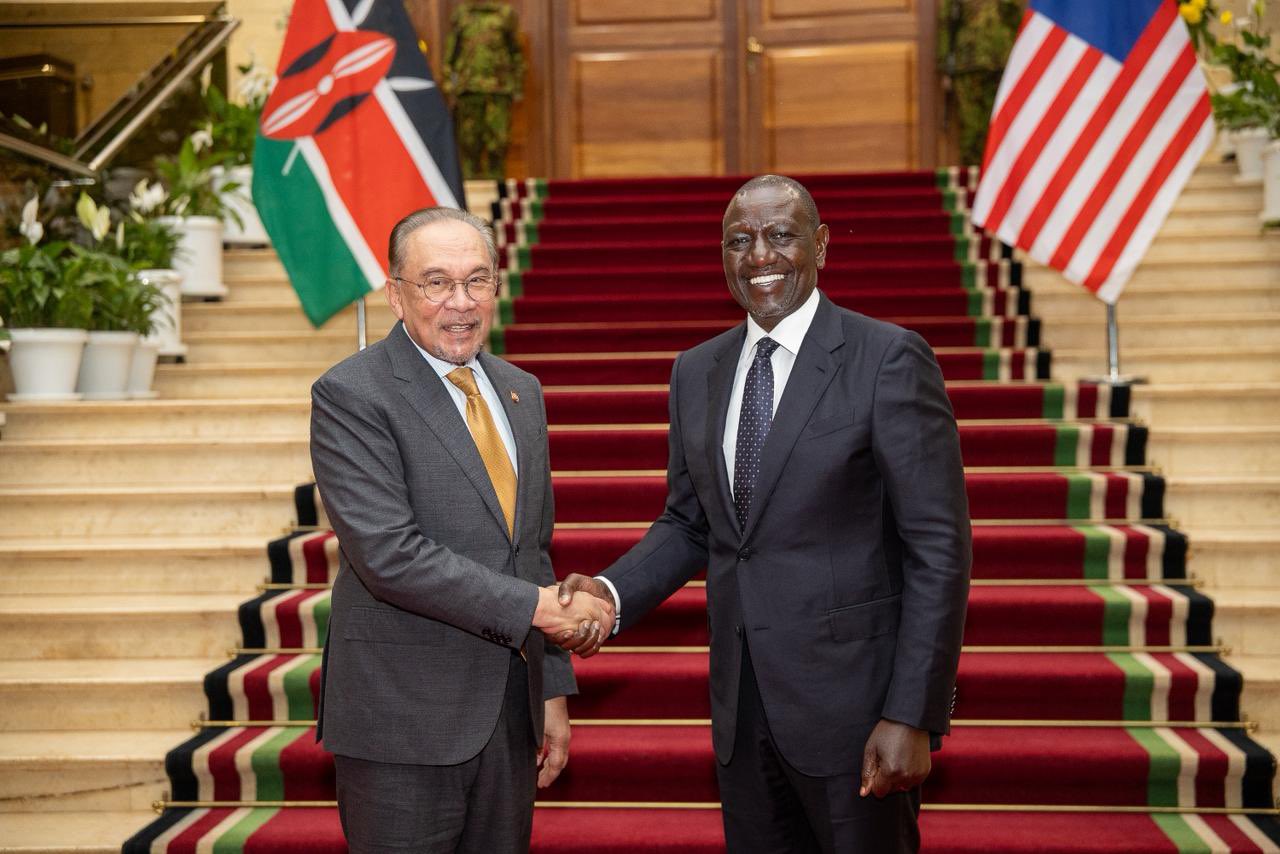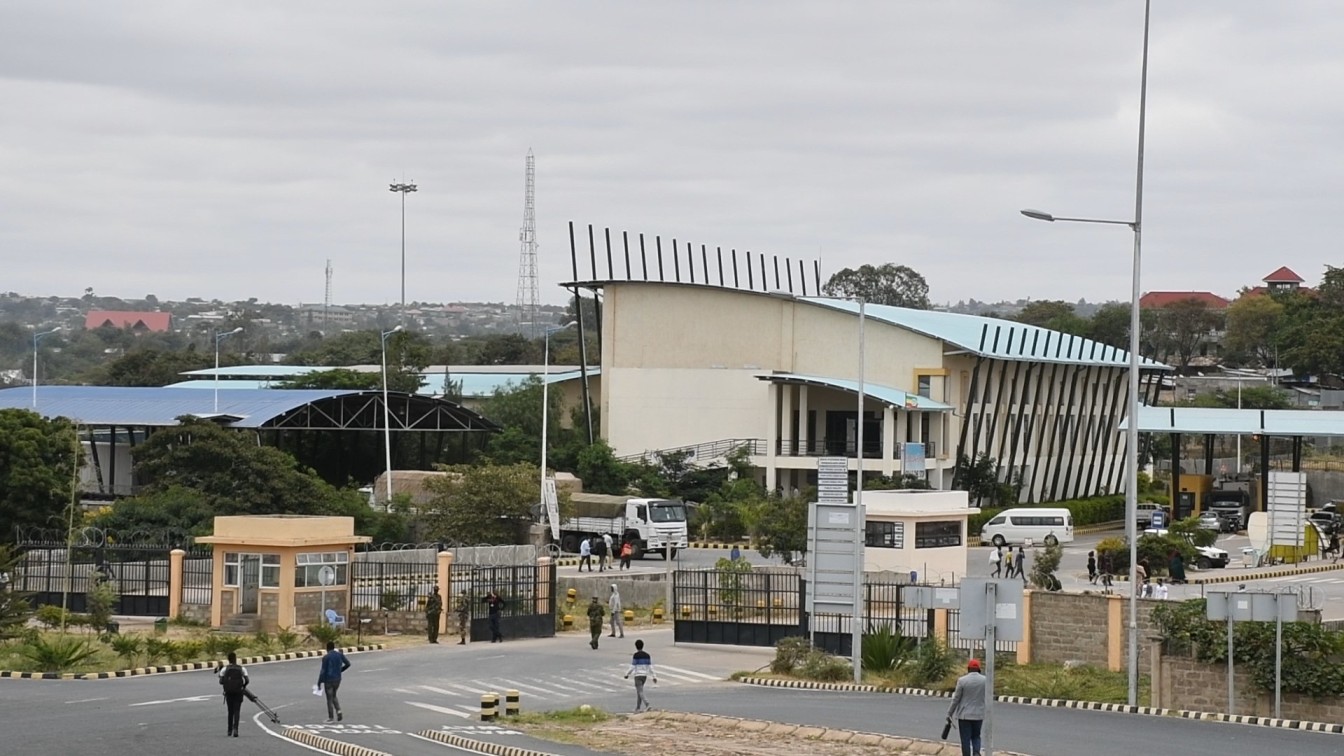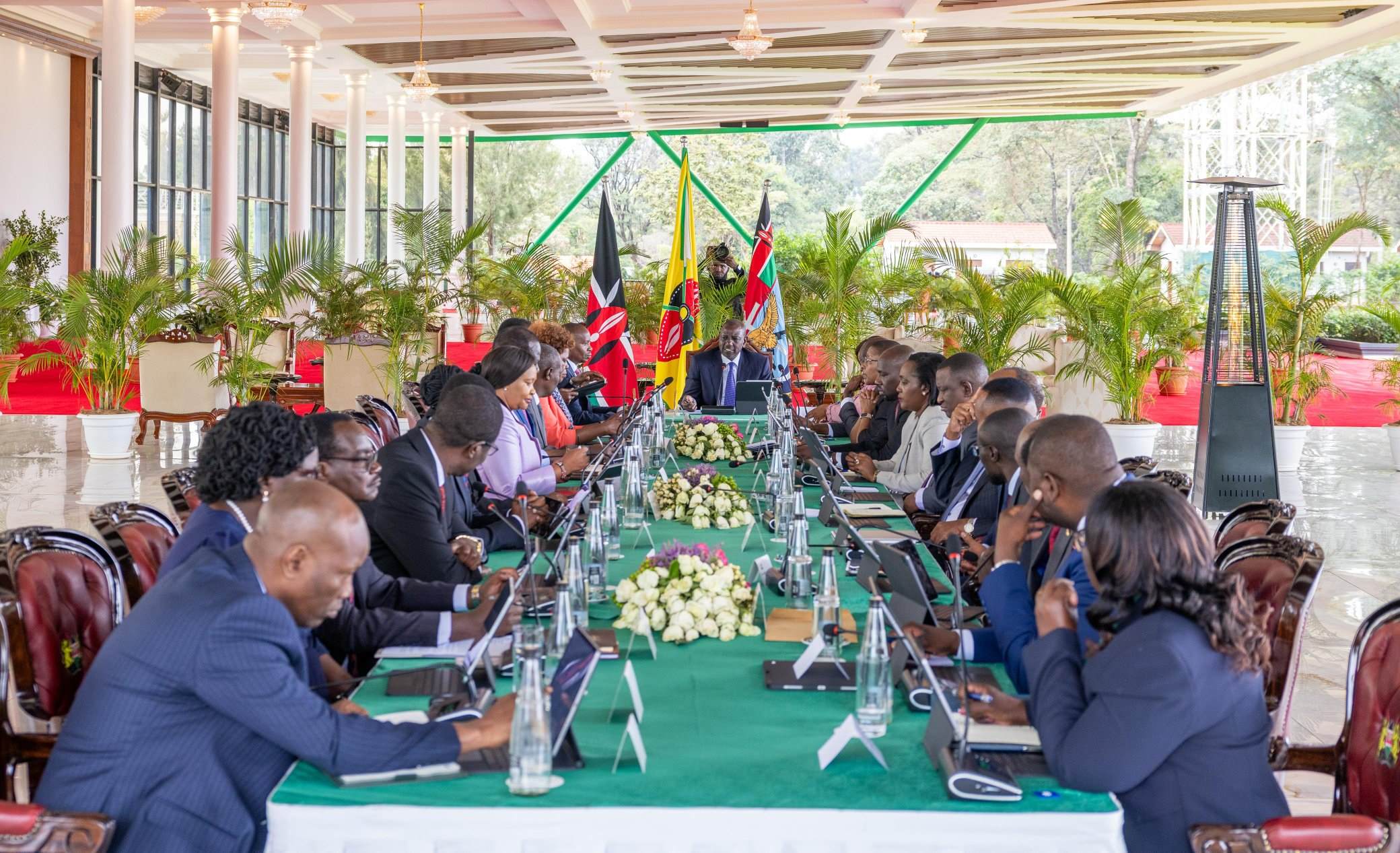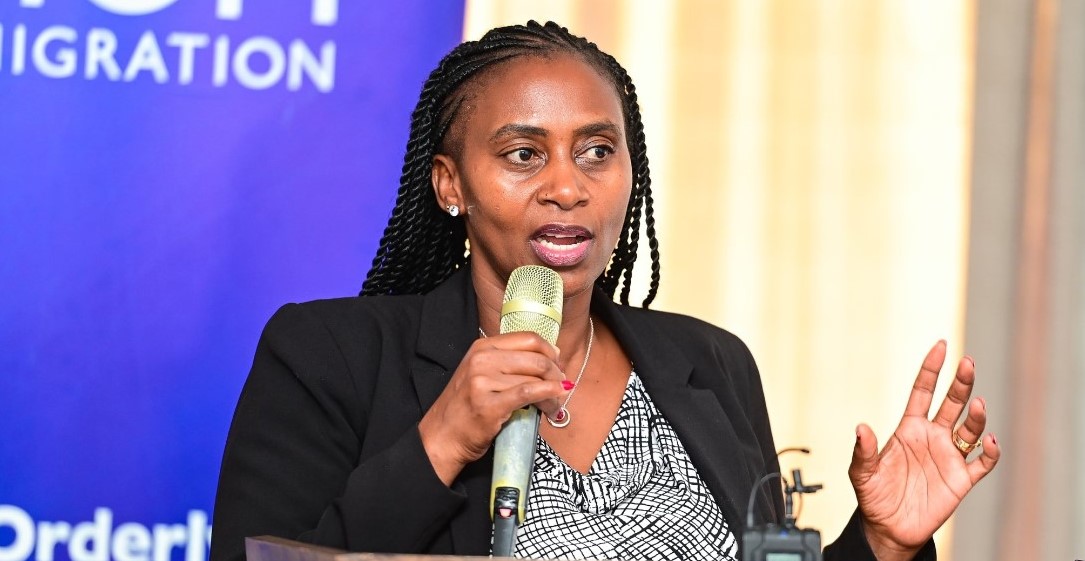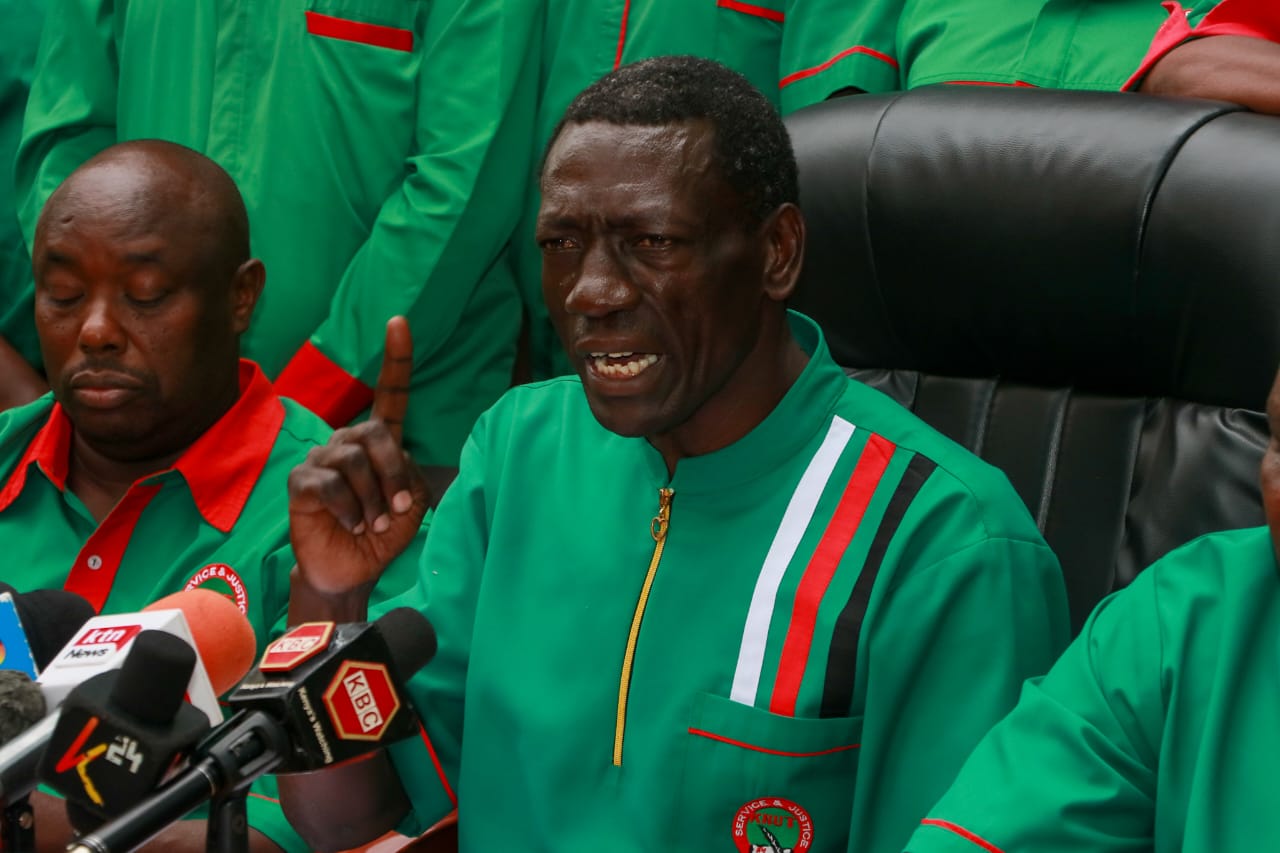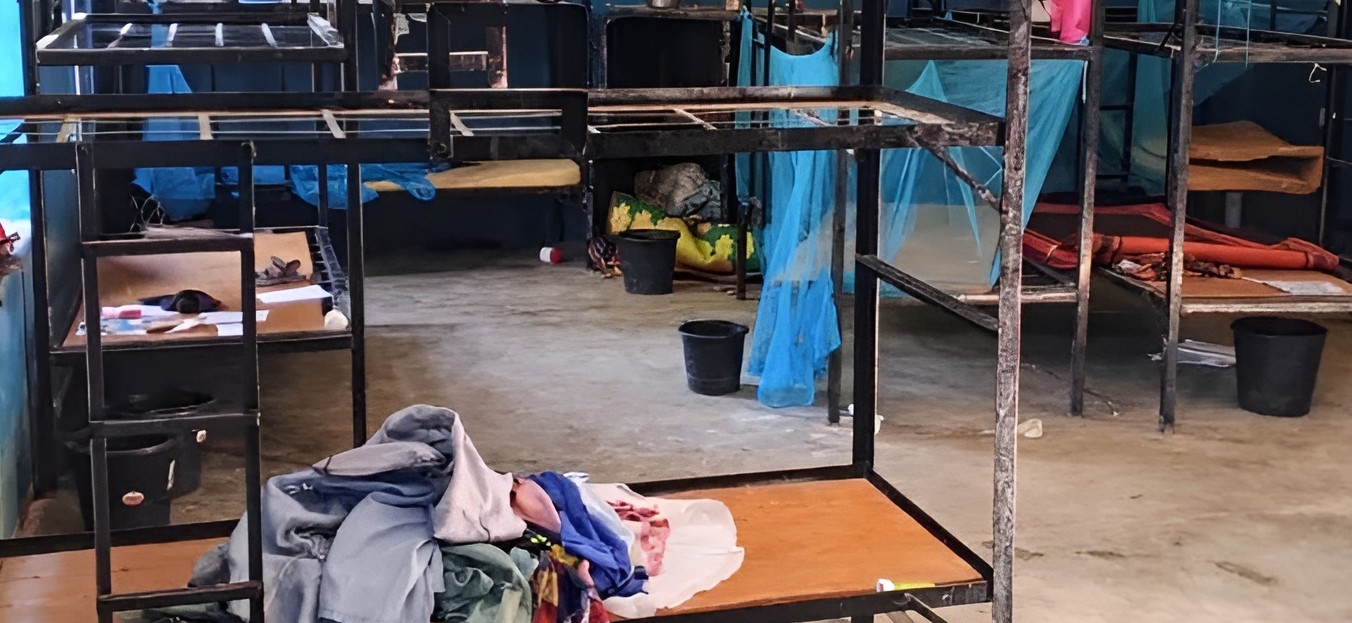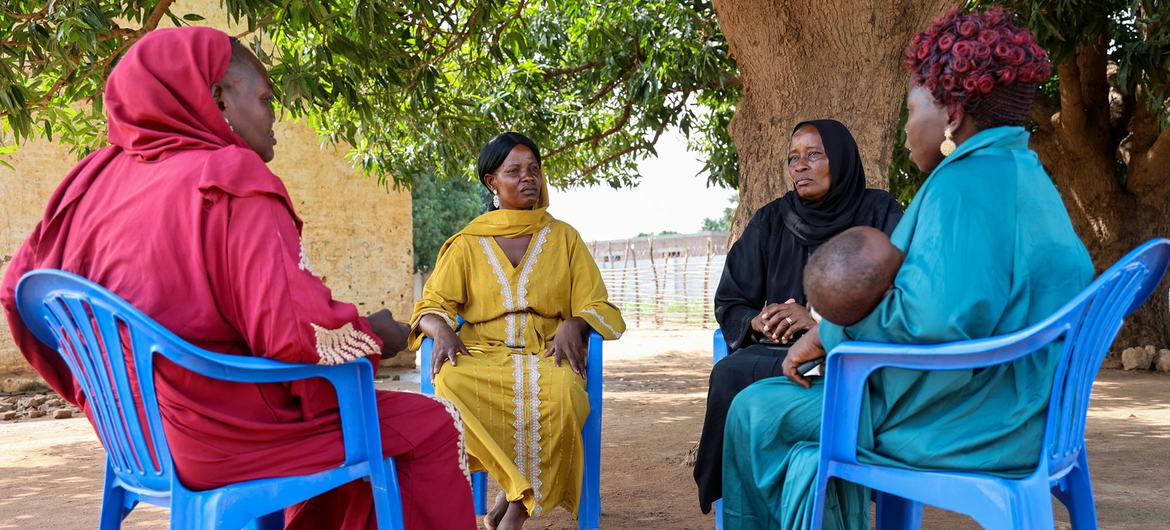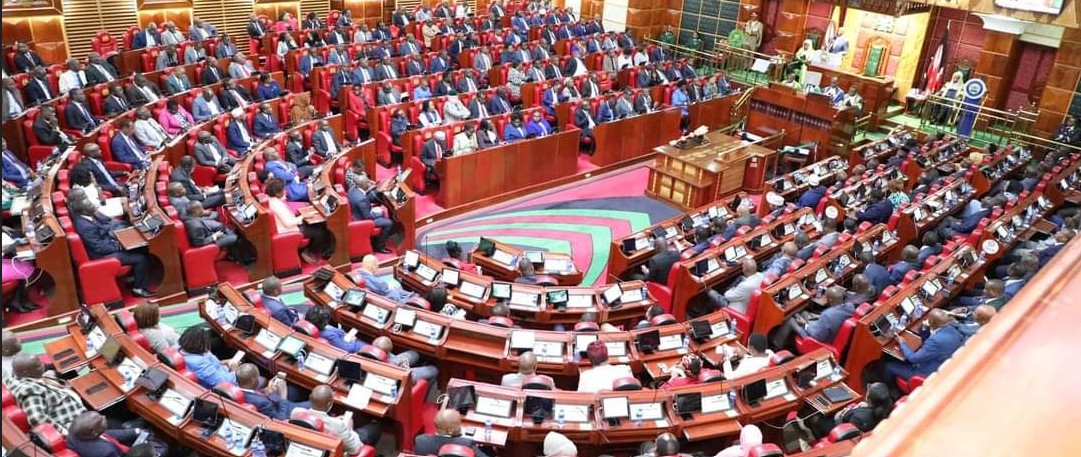2.6 million children at risk as school feeding budget slashed by Sh2 billion
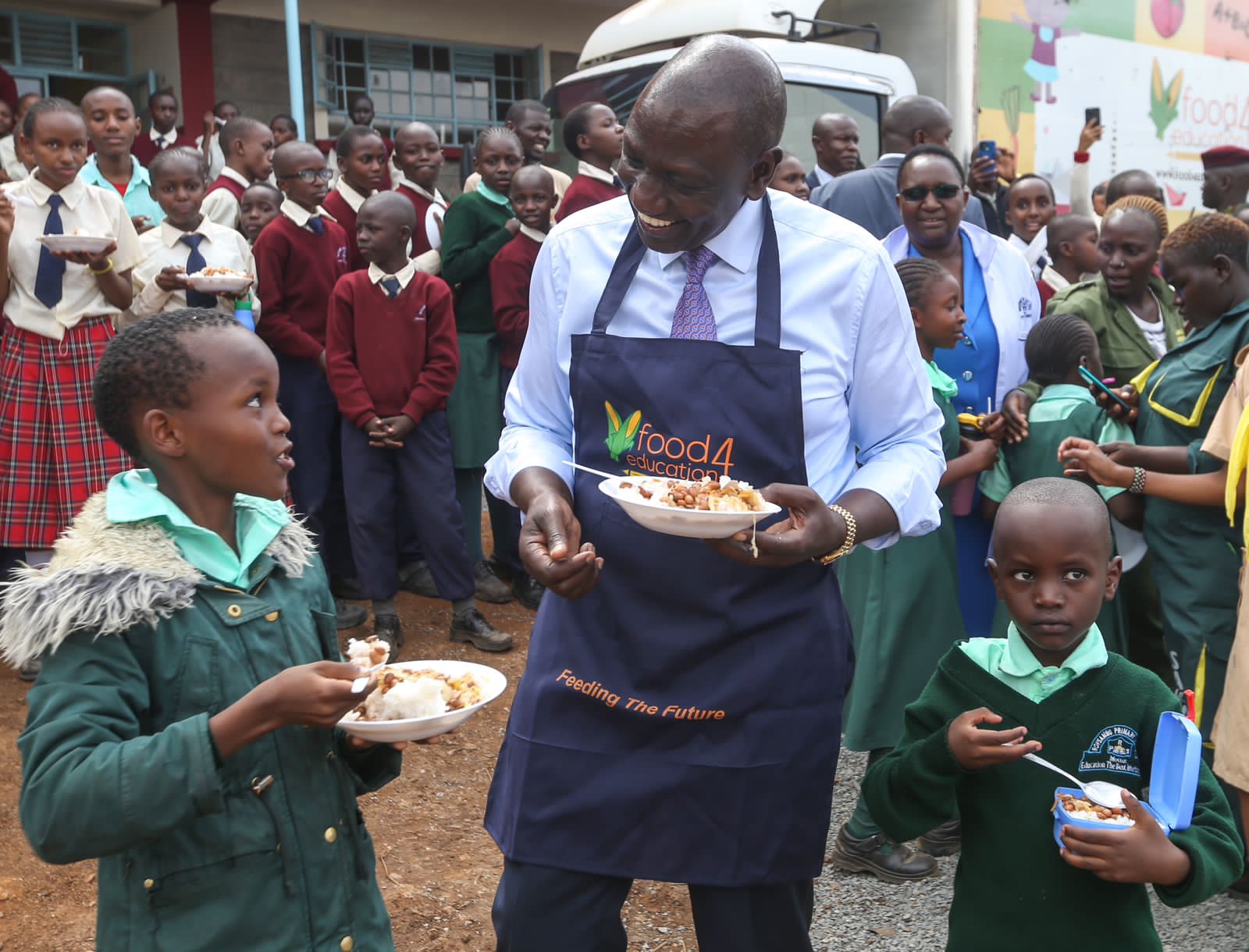
But with reduced funding, schools in 26 counties may struggle to sustain the initiative, leaving thousands of learners vulnerable to dropping out.
While the government increases budgets for high offices, a critical lifeline for millions of schoolchildren is quietly being pulled back.
The school feeding programme, which keeps more than 2.6 million children in classrooms, has had its funding cut by nearly Sh2 billion, raising fears of rising absenteeism and dropout rates among poor learners.
More To Read
- Somalia faces worsening hunger with millions needing assistance
- Mandera launches emergency food aid for 15,000 amid deepening drought
- Education Ministry closes 10 ‘ghost’ schools as audit finds 6,000 under-enrolled institutions
- Govt announces measures to resume learning in universities after 49-day lecturers' strike
- 2.1 million face hunger in Kenya’s ASALs as climate pressures mount
- Tunza Mtoto Coalition demands full disclosure of ghost student audit findings
The allocation has dropped from Sh4.9 billion to Sh3 billion in the new budget, despite the Ministry of Education requesting Sh7.2 billion to meet rising needs.
This comes at a time when learners from arid and semi-arid counties and urban poor communities still rely on school meals as a major incentive to attend class.
The programme has long been viewed as a tool for reducing hunger, boosting attendance and improving performance in marginalised areas.
But with reduced funding, schools in 26 counties may struggle to sustain the initiative, leaving thousands of learners vulnerable to dropping out.
This reversal has also reignited scrutiny over the government’s campaign pledges. During the 2022 elections, President William Ruto and the Kenya Kwanza Alliance promised to double funding for the programme, from Sh1.96 billion to Sh3.92 billion and grow the number of beneficiaries from two million to four million.
They also pledged to support counties through conditional grants, aiming to extend coverage to as many as eight million children in primary and pre-primary schools.
Instead, the Sh3 billion currently allocated not only fails to meet the ministry’s needs but also falls short of the doubling target.
Since Ruto took office, the number of learners under the programme has only risen by about 113,000—from 2,538,200 to 2,651,600—well below the four million goal.
Meanwhile, other parts of the government have seen sharp increases in their budgets. An additional Sh2.3 billion has been allocated for renovations at State House and lodges.
The Executive Office of the President has also received a significant funding boost, raising questions about whether social priorities are being sidelined.
The school feeding initiative is run by the Ministry of Education, with some support from the counties. The latest cuts now risk reversing the limited gains made in school enrolment and retention, particularly among children in communities already battling poverty and food insecurity.
Top Stories Today
